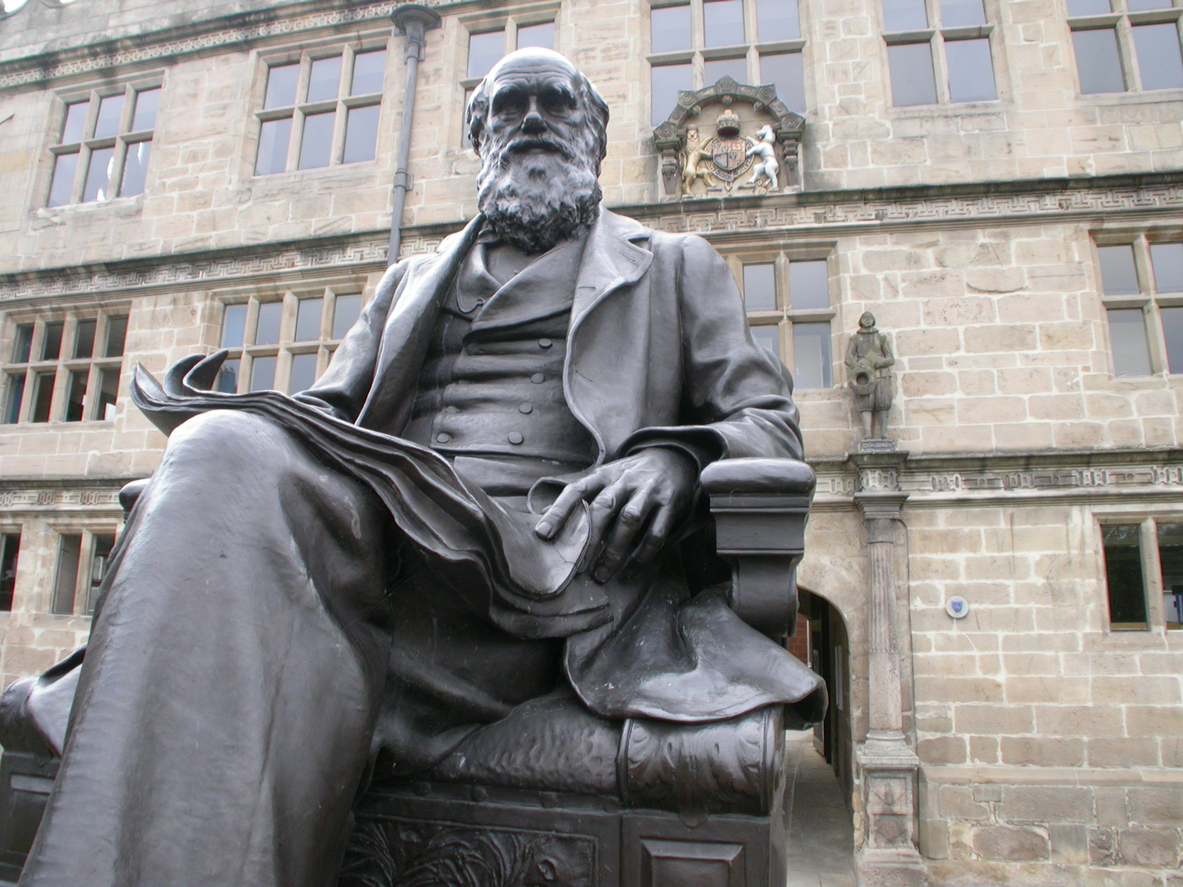By: Tom Solomon, Bucknell University
 “The evidence is incontrovertible. Global warming is occurring.” “Climate change is real, is serious and has been influenced by anthropogenic activity.” “The scientific evidence is clear: Global climate change caused by human activities is occurring now, and is a growing threat to society.”
“The evidence is incontrovertible. Global warming is occurring.” “Climate change is real, is serious and has been influenced by anthropogenic activity.” “The scientific evidence is clear: Global climate change caused by human activities is occurring now, and is a growing threat to society.” ![]()
As these scientific societies’ position statements reflect, there is a clear scientific consensus on the reality of climate change. But although public acceptance of climate theory is improving, many of our elected leaders still express skepticism about the science. The theory of evolution also shows a mismatch: Whereas there is virtually universal agreement among scientists about the validity of the theory, only 33 percent of the public accepts it in full. For both climate change and evolution, skeptics sometimes sow doubt by saying that it is just a “theory.”
How does a scientific theory gain widespread acceptance in the scientific community? Why should the public and elected officials be expected to accept something that is “only a theory”? And how can we know if the science behind a particular theory is “settled,” anyway?


